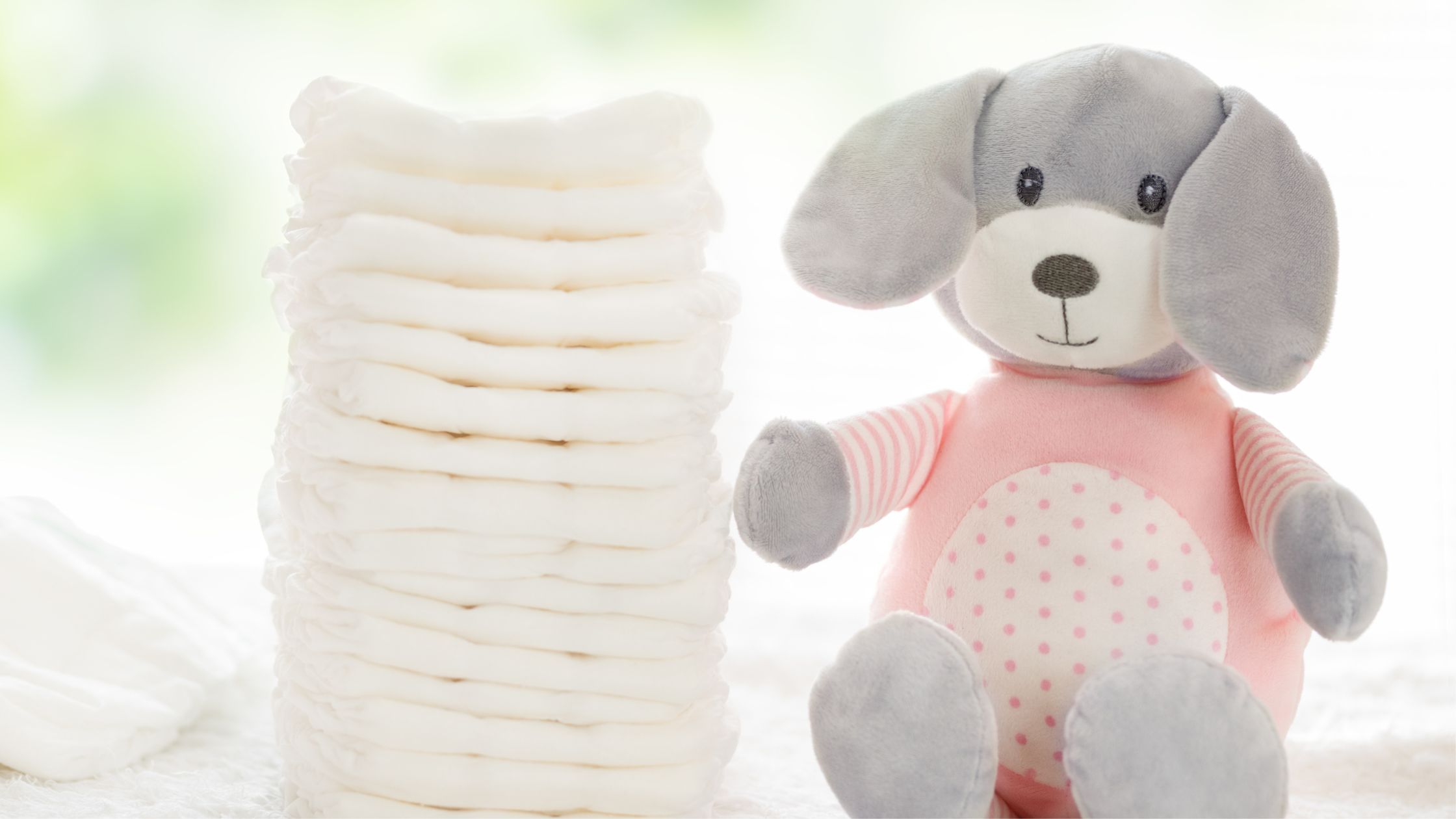We do so many exciting things in our settings, there is messy play, and small world play, and painting, and storytime and all the other marvellous things you do. And then there is toilet time, nappy changing time, the time away from all that wonderful stuff. Hold your nose and get it done as quickly as possible?
No.
Nappy changing time is rich in opportunities to equip children to protect themselves and to understand their bodies. In this article I am going to talk about three opportunities nappy changing newborn provides us with, I’m sure you will think of many more – chat about it as a team, it’s important you all share an understanding, and be open with families too.
Just to warn you this article contains the very sensitive subject of child sexual abuse.
Give Them Language
Talk about what you are doing and use accurate language. Be frank and factual. Don’t euphemise things, and don’t act squeamish, or embarrassed. It is worth asking families about the language they use at home so that you can connect with terminology they may hear at home, and it is worth letting families know the language you use. This can feel like a big deal, but it is likely you are already doing it as part of your day-to-day practice: as you hand children back to their loved ones at the end of the day you’ll be letting them know information from toilet time and the language you use as you do so reflects to them the language you use with the children. If you’re standing on the doorstep telling someone that their child had “A little bit of uh-humm, on their you-know-what” that’s very different from saying you’d noticed that the skin around their vulva or foreskin had seemed a little irritated so you’d used some extra cream.
If we act embarrassed when we talk about things related to going to the toilet we teach children that these are things to be embarrassed about, we can teach that this is a private act without teaching that it is a shameful act. Likewise if we are squeamish around bodily functions we can teach children to feel embarrassed by a natural part of human life.
The most important reason for using accurate and detailed language is the protection it affords children. Hopefully it never happens to any child in your care, but should a young child experience abuse and if they do being able to say that it is happening will protect them. I met a child who had experienced very serious abuse who tried to tell the adults who cared for them what had happened but was unable to articulate it, they were only able to report it years later once they had learned words for their body parts.
Words are powerful, give them the words, give them the protection of being able to wield that power.
Talk About The Functions And The Feelings
All sorts of sensations occur around nappy changing time, and there are all sorts of different toilet experiences. Talk about these feelings and explain to the children what they mean and what their body is doing. Celebrate their body’s ability to perform the functions it performs. Relate their experiences in the toilet to their eating and drinking, for example helping a child to notice the colour of their urine gives them an understanding of their own hydration levels.
Children who understand the sensations in their bodies are less likely to be frightened by them and will be better able to identity and articulate illness. Understanding why a body goes to the toilet and the part this plays in health and wellbeing is a fabulous thing to learn and time spent valuing our bodies for what they do is always valuable in a world that tends to only teach us to value them based on what they look like. Linking bathroom experiences to dietary intake helps children to make sense of the advice adults give them about their eating. If eating their veg makes pooing easier that’s an extra reason to eat them onto of just “grown ups told me to”.
Ask For Consent At Nappy Changing Time
Of course if I child needs to be cleaned we have to clean them for their safety, but we should do so on their say so, not on our schedule. We teach consent all the time in settings, for example we teach that in tickle fights if someone says “no” we automatically stop. The power of these consensual “yes”s and “no”s is something we will be modelling all the time. This must extend to attending to personal hygiene. If we want to teach them that their body is their own, and no one aside from them is allowed to do anything to it without their consent, then we must respect their bodily autonomy at all times.
We all know children who have just discovered the power of “no” and are deploying it at every opportunity. There maybe times when it comes to nappy changing you need to ask for consent and respect bodily autonomy without it being a yes/no situation. For example you could say “You have poo around your anus and on your bottom, I need to wipe it off so that you are clean, let me know when you’re ready for me to do that?” Or, “Do you want to try and wipe yourself clean or would you like me to do it for you?” “Shall I show you how to make sure your bottom is clean and then you can try yourself?”
Nappy changing time is an opportunity to inform, empower and protect children. The gift that you give children in taking the time to do this is more than worth the pongs and nappy failures encountered as you do so!

